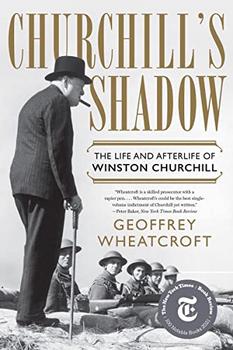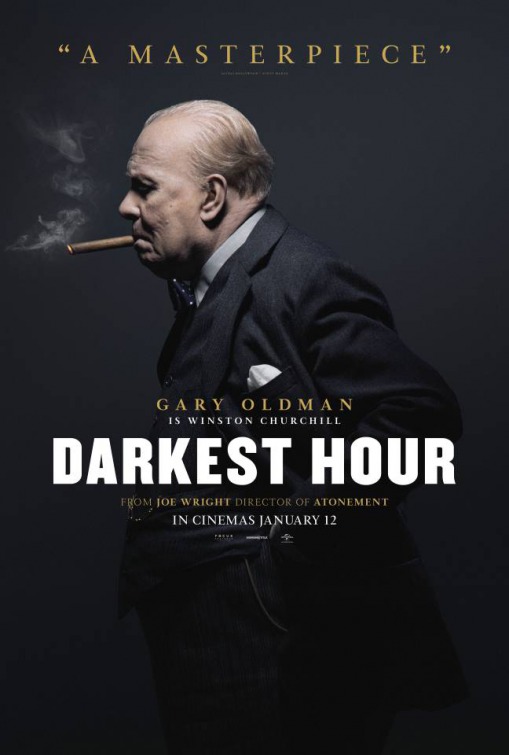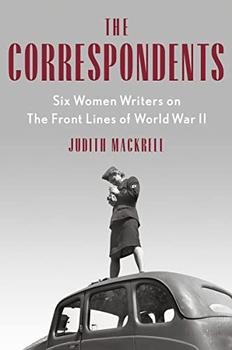Summary | Excerpt | Reviews | Beyond the book | Read-Alikes | Genres & Themes | Author Bio

The Life and Afterlife of Winston Churchill
by Geoffrey WheatcroftA major reassessment of Winston Churchill that examines his lasting influence in politics and culture.
Churchill is generally considered one of the greatest leaders of the twentieth century, if not the greatest of all, revered for his opposition to appeasement, his defiance in the face of German bombing of England, his political prowess, his deft aphorisms, and his memorable speeches. He became the savior of his country, as prime minister during the most perilous period in British history, World War II, and is now perhaps even more beloved in America than in England.
And yet Churchill was also very often in the wrong: he brazenly contradicted his own previous political stances, was a disastrous military strategist, and inspired dislike and distrust through much of his life. Before 1939 he doubted the efficacy of tank and submarine warfare, opposed the bombing of cities only to reverse his position, shamelessly exploited the researchers and ghostwriters who wrote much of the journalism and the books published so lucratively under his name, and had an inordinate fondness for alcohol that once found him drinking whisky before breakfast. When he was appointed to the cabinet for the first time in 1908, a perceptive journalist called him "the most interesting problem of personal speculation in English politics." More than a hundred years later, he remains a source of adulation, as well as misunderstanding.
This revelatory new book takes on Churchill in his entirety, separating the man from the myth that he so carefully cultivated, and scrutinizing his legacy on both sides of the Atlantic. In effervescent prose, shot through with sly wit, Geoffrey Wheatcroft illuminates key moments and controversies in Churchill's career―from the tragedy of Gallipoli, to his shocking imperialist and racist attitudes, dealings with Ireland, support for Zionism, and complicated engagement with European integration.
Charting the evolution and appropriation of Churchill's reputation through to the present day, Churchill's Shadow colorfully renders the nuance and complexity of this giant of modern politics.
As the word "shadow" in the title indicates, there is an ambivalence surrounding Churchill's impact, and it is this "history of opinions" that Wheatcroft elegantly assembles for the reader. With a wealth of resources and razor-sharp wit throughout, he delivers a far more flawed portrait of Churchill, but does so in a way that does not detract from the man's importance in the least. This volume offers a bracingly independent view that should resonate with fans and foes alike...continued
Full Review
 (829 words)
(829 words)
(Reviewed by Peggy Kurkowski).
 Countless movies about Winston Churchill have been made in the decades since World War II, with different actors playing the starring role to varying degrees of success. What are some of the most — and least — memorable of these cinematic depictions, and what effect did these films have in perpetuating the Churchill legend?
Countless movies about Winston Churchill have been made in the decades since World War II, with different actors playing the starring role to varying degrees of success. What are some of the most — and least — memorable of these cinematic depictions, and what effect did these films have in perpetuating the Churchill legend?
As Geoffrey Wheatcroft notes in his book Churchill's Shadow: The Life and Afterlife of Winston Churchill, movie and television adaptations of Churchill's years as war prime minister run the gamut in both quality and historical accuracy. Indeed, not every actor chosen to play the enigmatic Winston liked the man, the best example being the A-list English actor Richard Burton. For the 1974 BBC television ...

If you liked Churchill's Shadow, try these:

The Mysterious Case of Rudolf Diesel
by Douglas Brunt
Published 2024
The hidden history of one of the world's greatest inventors, a man who disrupted the status quo and then disappeared into thin air on the eve of World War I - this book answers the hundred-year-old mystery of what really became of Rudolf Diesel.

by Judith Mackrell
Published 2023
The riveting, untold history of a group of heroic women reporters who revolutionized the narrative of World War II - from Martha Gellhorn, who out-scooped her husband, Ernest Hemingway, to Lee Miller, a Vogue cover model turned war correspondent.